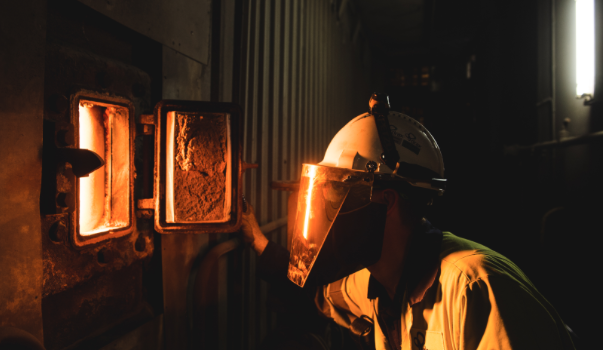Selby, North Yorkshire-based power company Drax Group announced it is to pilot the first bioenergy carbon capture storage (BECCS) project of its kind in Europe.
Drax said if successful, the project could make the renewable electricity produced at its North Yorkshire power station carbon negative.
“BECCS is vital to global efforts to combat climate change because the technology will mean the gases that cause global warning can be removed from the atmosphere at the same time as electricity is produced,” said Drax.
“This means power generation would no longer contribute to climate change, but would start to reduce the carbon accumulating in the atmosphere.
“The demonstration project will see Drax partner with Leeds-based C-Capture and invest £400,000 in what could be the first of several pilot projects undertaken at Drax to deliver a rapid, lower cost demonstration of BECCS.
“Drax Power Station became the largest decarbonisation project in Europe by upgrading its existing facilities and, if the pilot is successful, it will examine options for a similar re-purposing of existing infrastructure to deliver more carbon savings.”
C-Capture is a spin-out from the Department of Chemistry at the University of Leeds, established through funding from IP Group Plc.
A report by the Energy Technology Institute in 2016 has suggested that by the 2050s BECCS could deliver roughly 55 million tonnes of net negative emissions a year in the UK – about half the UK’s emissions target.
The first phase of the project, starting this month, will look to see if the solvent C-Capture has developed is compatible with the biomass flue gas at Drax Power Station.
A lab-scale study into the feasibility of re-utilising the flue gas desulphurisation (FGD) absorbers at the power station will also be carried out to assess potential capture rates.
FGD equipment is vital for reducing sulphur emissions from coal, but has become redundant on three of the generating units at Drax that have been upgraded to use biomass, because the wood pellets used produce minimal levels of sulphur.
Depending on the outcome of a feasibility study, the C-Capture team will proceed to the second phase of the pilot in the autumn, when a demonstration unit will be installed to isolate the carbon dioxide produced by the biomass combustion.
Drax Group CEO Will Gardiner said: “If the world is to achieve the targets agreed in Paris and pursue a cleaner future, negative emissions are a must – and BECCS is a leading technology to help achieve it.
“This pilot is the UK’s first step, but it won’t be the only one at Drax.
“We will soon have four operational biomass units, which provide us with a great opportunity to test different technologies that could allow Drax, the country and the world, to deliver negative emissions and start to reduce the amount of carbon dioxide in the atmosphere.”
Chris Rayner, founder of C-Capture and Professor of Organic Chemistry at the University of Leeds, said: “We have developed fundamentally new chemistry to capture CO2 and have shown that it should be suitable for capturing the carbon produced from bioenergy processes.
“The key part is now to move it from our own facilities and into the real world at Drax.
“Through the pilot scheme we aim to demonstrate that the technology we’ve developed is a cost-effective way to achieve one of the holy grails of CO2 emissions strategies – negative emissions in power production, which is where we believe the potential CO2 emissions reductions are likely to be the greatest.”
Andy Duley, Director of Commercialisation at the University of Leeds, said: “The University has an established track record in working with private sector investors and leveraging its own funds to launch successful spin out companies.
“C-Capture is the latest example of our continued success in converting research expertise into a valuable service which directly benefits industry, and has the potential to make an impact around the world.”
